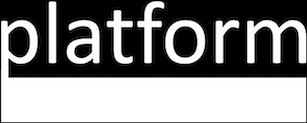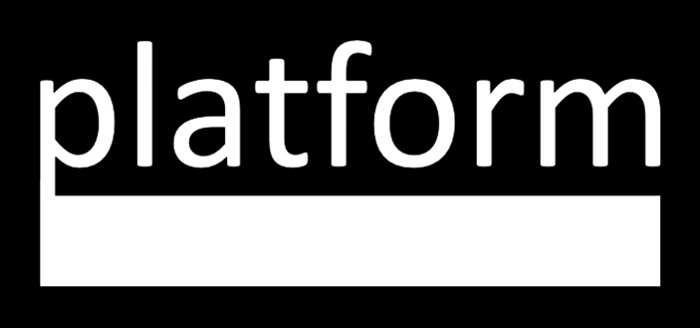It’s arguably never been easier to create a tech startup. While there are depressingly persistent inequalities for founders, there is more venture capital available than ever, and the tools to build and market products are commoditized, mature, and varied.
But, while the methods for building and scaling products have evolved hugely over the past 25 years, the venture capital model has not evolved as much.
I think venture has been through 3 main phases:
- the initial dotcom era, where the onus was to “get big quick”, and go IPO as soon as possible
- the post 2000 crash era, where there was something of a return to fundamentals and incremental growth
- the last 10 years, where valuations and round sizes have ballooned and become disconnected from fundamentals
Despite this evolution, a few things have not changed:
- many founders and observers still think that raising money is “winning”, whereas in reality, it’s just selling an option on your future
- big-name investors still believe they can “crown a winner” by investing (a lot of cash)
- founders and investors play an endless game of secrecy around valuations, revenue growth, and unit economics, leading to massive failures when the market turns, the tide goes out, and people see that the “emperor is wearing no clothes”
- pitches to venture funds and board meetings exist as rituals and grand theater that seem like relics of a bygone era
Unless you’re old enough to remember, you might not appreciate how fundamentally the open source movement changed software development.
Before open source, pretty much all companies carefully shielded their source code and IP to prevent others from copying or reverse engineering their products. They charged huge license fees to use their products.
Then the open source revolution happened. Developers embraced the “bazaar” over the “cathedral” as the preferred method for developing and iterating software. This change was fundamental: it led to an explosion of solutions and services to support the open source model, and it meant that software companies had to shift from making money through licensing IP to making money from services.
I believe that startup building is poised for a similar revolution.
I think the new way of building startups will have the following attributes:
- Building in the open
- Sharing metrics transparently
- Outsourcing roles, projects and tasks to a network of providers, while still giving them skin in the game
- Raising only as much money as you need to get to the next milestone, in smaller chunks
- Multiple choices of funding available, based on metrics - both debt and equity
- Sharing and reusing best patterns for building and growing quickly
I see several long-term drivers of this change that are converging:
- founders are more sophisticated than ever in using data to understand and scale startups, and the tools are well-understood and mature (Segment, Mixpanel, Looker, etc). It’s therefore much easier to get to the ground truth of how a startup is performing in real time, versus only when asked by venture investors during diligence at each round
- many companies have transitioned to remote and the next generation of workers has different expectations of their relationship with work. The gig economy model continues to grow. The long hours in the office and being “all-in” on one startup, pulling “all-nighters”, etc are being replaced by a more transactional, flexible, and arm’s length relationship with work. Startups are hiring and contracting people all over the world.
- no-code/low-code tools (Bubble, Webflow, etc) are becoming mainstream for early stage startups. 1 year ago I rarely met a founder who had a working MVP of a product built in no-code. Now more than 50% of founders I talk to already have a prototype. This means that it’s no longer needed to have a technical co-founder in the early stages.
- Crowdfunding is rapidly growing and becoming more accepted as a valid way of funding a startup. No longer is it regarded as the only option left to low quality entrepreneurs or ideas.
- Debt based financing for customer acquisition is growing rapidly (Pipe.com, et al) and founders have more and more choices in growing their company without having to sell equity.
- the blockchain offers tantalizing opportunities to decentralize the process of building companies, while still ensuring that contribution of effort is recorded immutably so everyone who helps build gets rewarded.
In this new phase, building startups will happen within an ecosystem, with a software layer to allow all constituents to coordinate, share, and do business together in a fast and flexible way.
Github is where developers from all over the world coordinate to build software. These new startup ecosystems are like Github for founders. They allow groups of people to build startups collaboratively, to share metrics, and create a marketplace for service providers - fractional CFOs, debt financers, growth marketers, no-code developers, etc - to bid for business, and share in the upside.
At Platform, we are building one such software layer (we call it PlatformOS) and an ecosystem (we call it the Platform Guild). We believe that this more open, inclusive, transparent, and flexible approach will lead to better and more balanced outcomes for all participants versus the traditional venture model.


VP Engineering @ Ra Medical Systems
Bravo, I love where this is going. I work in med device and we're craving a new, truly innovative model
Builder of Beautiful Things
the future is here and we’re in the middle of the venture revolution 💪🦾
Senior Manager, Operations & Finance @ Friendbuy
Great post, @Jeremy Burton. Loved the "bazaar" vs the "cathedral" comparison.